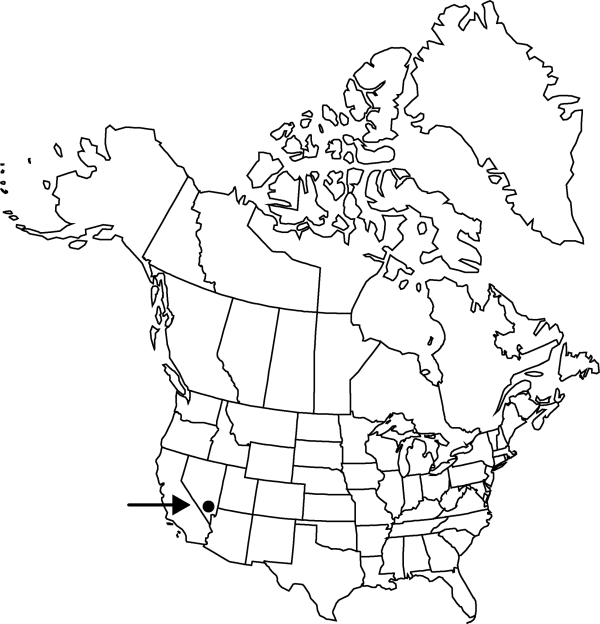Difference between revisions of "Mirabilis pudica"
Leafl. W. Bot. 3: 175. 1942.
Synonyms: Mirabilis pudica var. pubescens Kartesz & Gandhi
FNA>Volume Importer |
FNA>Volume Importer |
||
| Line 49: | Line 49: | ||
|publication year=1942 | |publication year=1942 | ||
|special status= | |special status= | ||
| − | |source xml=https://jpend@bitbucket.org/aafc-mbb/fna-data-curation.git/src/ | + | |source xml=https://jpend@bitbucket.org/aafc-mbb/fna-data-curation.git/src/8f726806613d60c220dc4493de13607dd3150896/coarse_grained_fna_xml/V4/V4_81.xml |
|genus=Mirabilis | |genus=Mirabilis | ||
|section=Mirabilis sect. Quamoclidion | |section=Mirabilis sect. Quamoclidion | ||
Revision as of 17:31, 18 September 2019
Herbs, forming upright columnar clumps 3–5 dm diam., glabrous or densely pubescent. Stems 3–6 dm. Leaves strongly ascending; petioles of proximal leaves 0.3–0.5 cm; blades of midstem leaves ovate to narrowly ovate, 3.5–6 × 2–3 cm, base acute to rounded, symmetric, apex acute. Involucres: peduncle 6–10 mm; involucres pendent, 12–21 mm; bracts 5, 50% connate, apex acute to widely ovate. Flowers 6 per involucre; perianth usually creamy white, 1.2–1.5 cm. Fruits dark brown, with 10 slender, tan ribs occasionally evident at base, ellipsoid, 7–8 mm, smooth, glabrous, not secreting mucilage when wetted. 2n = 66.
Phenology: Flowering mid spring–early summer.
Habitat: Calcareous hills and flats in arid brushlands
Elevation: 1000-1500 m
Discussion
Selected References
None.
Lower Taxa
None.
